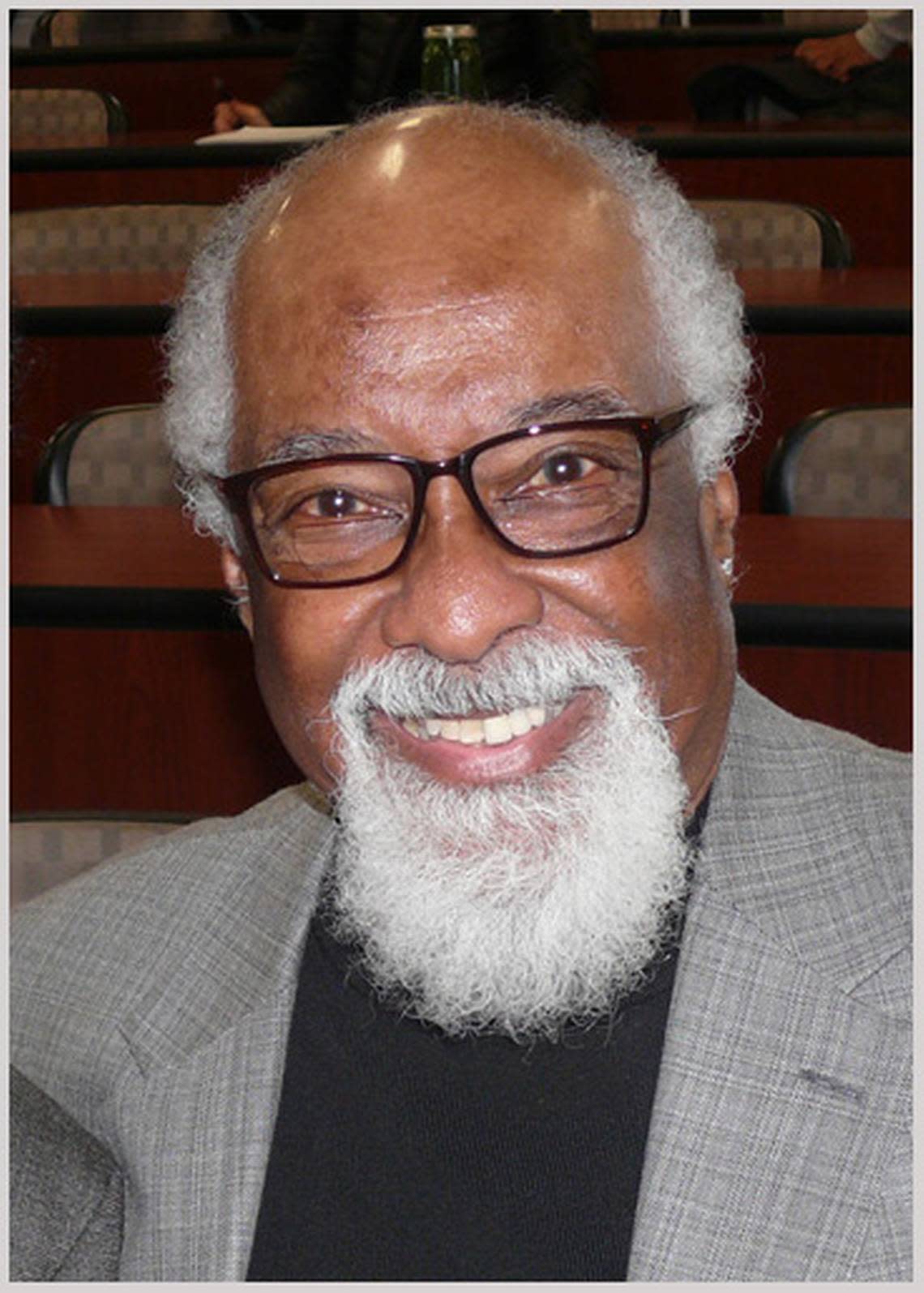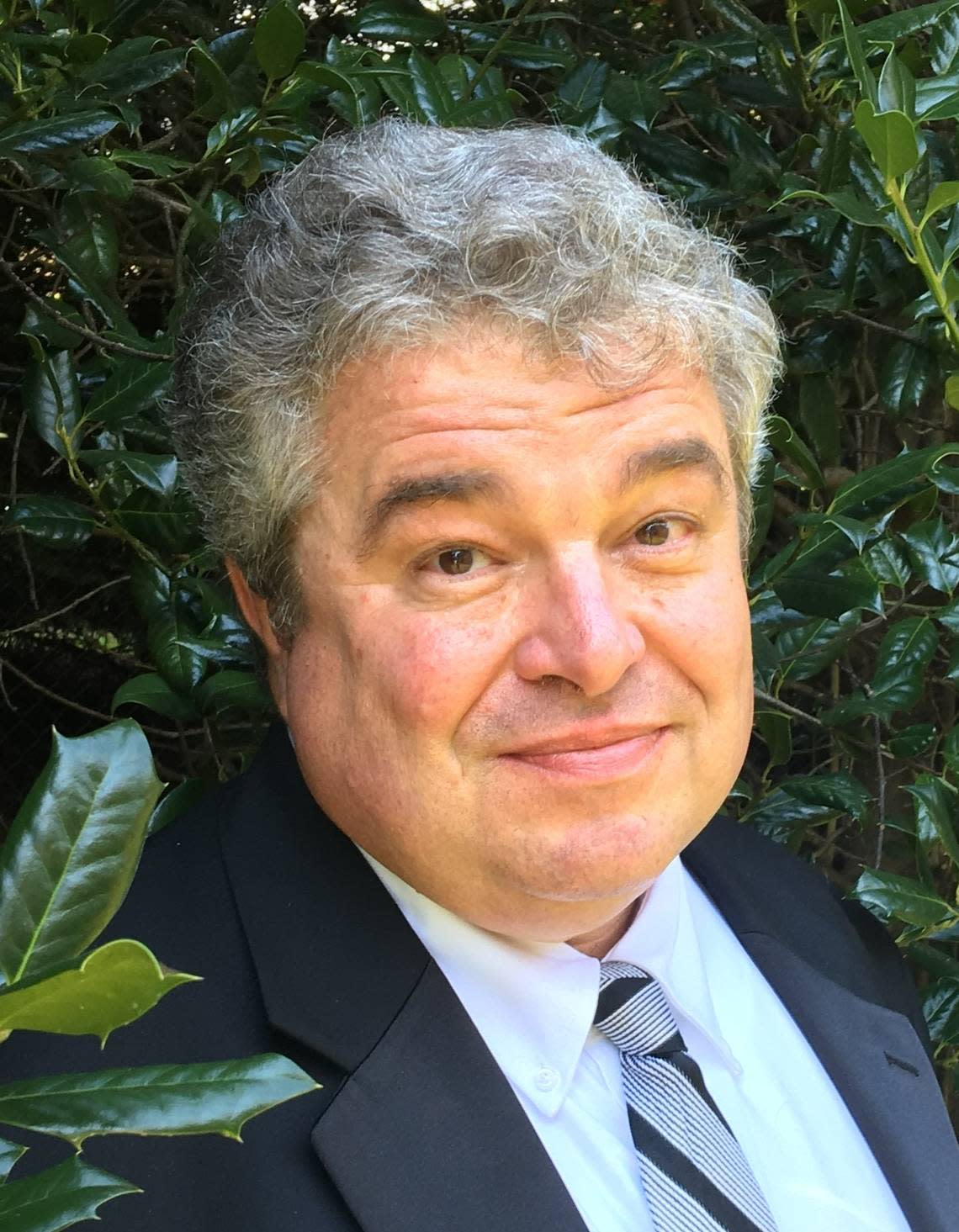It’s time for NC to honor a Black soldier murdered for resisting segregation
As Veterans Day approaches, we ponder the sacrifice of Black soldiers who gave their lives defending democracy not only abroad, but here at home. One such fallen hero was Booker T. Spicely, killed because he dared protest racial segregation in North Carolina during WWII.
In his memory, we have requested a state historic marker in Durham to commemorate Private Spicely. We encourage all citizens to support this act of public remembrance.
Spicely was a Black soldier stationed at Camp Butner, just north of Durham. On July 8, 1944, Spicely, unarmed and in uniform, stepped onto a bus operated by Duke Power and driven by Herman Council. When two white soldiers boarded, Council ordered Spicely to the rear of the bus.


Spicely asked why he had to move, since he had paid his fare. Wasn’t he “just as good to stop a bullet as these white soldiers?” Spicely asked. “I thought I was fighting this war for democracy?”
The white soldiers agreed and moved to the colored section themselves. Spicely went back to sit with them and continue their conversation.
When the bus came to his stop, Spicely addressed the driver: “If I have said anything that offended you, I am sorry,” and left the bus at the rear. Council pulled out a .38-caliber pistol, lurched down the front steps, ran up to Spicely, and shot him twice in the chest. Military police rushed Spicely to nearby Watts Hospital, where doctors refused to treat him because he was Black. When Spicely reached Duke Hospital, doctors there pronounced him dead on arrival.
Council was prosecuted but never punished. Lawyers from Duke Power, which operated Durham’s bus system at the time, argued to the all-white jury that Council had been enforcing state law and had reasonably feared for his life.
Despite several witnesses to the contrary, the jurors found Council not guilty in less than 30 minutes.
We are members of a team of local residents who’ve applied for a state historic marker to commemorate the life and martyrdom of Spicely. His story is one that should be known. Acknowledging our history of racial violence and political repression is a necessary part of building a free and equal society.
Members of Spicely’s family support the placement of a historic marker in Durham at the site of his unjust killing. Family members describe how they “often wonder with unfulfillable longing what Booker’s contribution to society at large would have been.”
We should remember Spicely not merely as a victim of state-sanctioned violence, but as a brave protester in what Black newspapers and other activists called “the Double V campaign.” This campaign urged all Americans to “Defeat Mussolini and Hitler by Enforcing the Constitution and Abolishing Jim Crow.” Black soldiers nationwide called out the hypocrisy of fighting for democracy with a Jim Crow army and an apartheid regime in a large section of the country. Spicely was one of many soldiers who died fighting the war at home.
Spicely resisted segregated seating on a city bus only 11 years before Rosa Parks took a similar stand, but he paid the ultimate penalty. Remembering him will not merely honor one soldier who gave his life in the battle for democracy. It honors the volunteer army of ordinary citizens who, through myriad acts of courage, push forward the long, slow process of opening the full bounty of American citizenship to all.
Irving Joyner is a professor at North Carolina Central University School of Law. Timothy B. Tyson is senior research scholar at the Center for Documentary Studies at Duke University.
